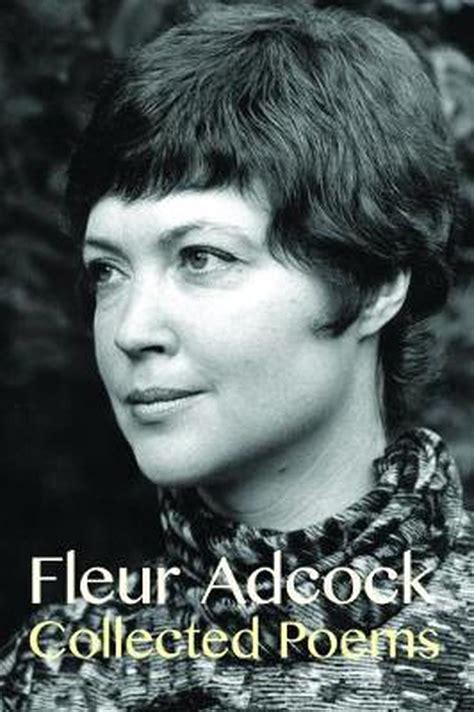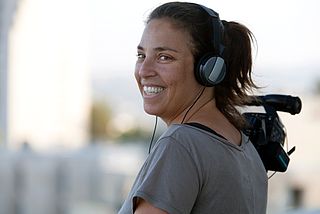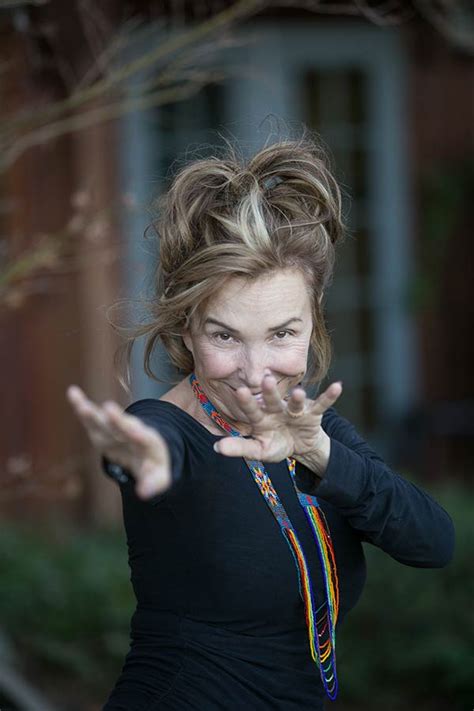A Quote by Don Miguel Ruiz
Whatever you perceive, you always make a story with yourself as the main character, and that dictates your life. Then when you read 'The Four Agreements', you hear another voice beneath the story, the voice that comes from your integrity, your spirit.
Related Quotes
The best time to tell your story is when you have to tell your story. When it's not really a choice. But then, when you get that first, messy, complicated version down, you have to read it over and be very tough on yourself and ask, 'Well what's the story here?' If you're lucky enough to have someone you trust looking over your shoulder, he or she can help you if [you] lack perspective on your own story.
Ever since I was first read to, then started reading to myself, there has never been a line read that I didn't hear. As my eyes followed the sentence, a voice was saying it silently to me. It isn't my mother's voice, or the voice of any person I can identify, certainly not my own. It is human, but inward, and it is inwardly that I listen to it. It is to me the voice of the story or the poem itself.
You have to listen to your own voice. Not your heart, not your instincts, not any of that self-permissive psycho-babble stuff. No, none of that. If it was just about instincts and bright ideas it wouldn't need to be a voice. It's about words. You hear them, read them, then you write. But mostly read. Read the bloody poems.
Until you understand your Core Story, whatever it is, and how it made you who you are today, your foundation will reflect only your unconscious beliefs about yourself, real or imagined, positive or negative. When you delve into your subconscious beliefs about your lot in life, whether you believe you deserve to be happy or sad, successful or unsuccessful, only then do you have the chance to change the story that is replaying over and over in your head and determining how you go through life.
At the level of spirit,
everything is always unfolding perfectly, and you don’t have to struggle or
force situations to go your way. It is only your ego mind that is fearful. When you surrender to spirit and listen to the voice of your deeper
intelligence, you free yourself from fear and release the obstacles your ego has created.
My commodity as a writer, whatever I'm writing about, is me. And your commodity is you. Don't alter your voice to fit the subject. Develop one voice that readers will recognize when they hear it on the page, a voice that's enjoyable not only in its musical line but in its avoidance of sounds that would cheapen its tone: breeziness and condescension and clichés.
I loved the idea of doing impressions and mimicking and playing around with the spectrum of your own voice. That's what I enjoy most about doing voiceovers. You can be completely unconscious with the rest of your body and just concentrate on doing something with your voice, creating an entire character with your voice.
When I read to children, I try to become the characters. It's great if you can make a separate voice for each character. Sometimes you can lower your voice with excitement or get more intimate about it: you can lean forward and engage the children as a narrator or as a reader. It's particularly important that you find the voice that you want to use for each character, because then children can imagine that person as you're reading aloud. And of course, the illustrations help enormously.


































